President Pierre Nkurunziza officially launched on 12 December 2017 the campaign for constitutional referendum. Opposition politicians and human rights activists accuse him of violating the Arusha Peace and Reconciliation Agreement and the Constitution in force.
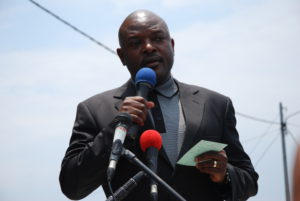
Burundi President, Pierre Nkurunziza “We have come here to explain the content of the constitution amendments to the people so that they vote for or against them,”
“We have come here to explain the content of the constitution amendments to the people so that they vote for or against them,” said President Pierre Nkurunziza on 12 December during the official launch of the campaign for the constitutional referendum which took place in Bugendana commune of Gitega province.
President Nkurunziza said only articles containing irregularities would be amended. “Articles that form the basis of democracy, peace and about protecting government opponents, the rights and dignity of minorities and strengthening the power of state institutions will not be amended,” said Nkurunziza.
He calls on the representatives of political parties to clearly explain to their members the constitutional referendum according to the law and appeals to members of civil society not to get involved into politics.
Agathon Rwasa, the First Deputy-President of the National Assembly accuses the Head of State of not having consulted the National Assembly. Yet, he argues, the Electoral Code requires him to do so. He invokes Article 200 of this law: “The President of the Republic may, after consulting the Offices of the National Assembly and Senate, submit to the referendum a constitutional draft, legislative text or any other document likely to have profound repercussions for the life and the future of the nation or for the nature of functioning of state institutions “. If the consultation took place, he continues, I was not informed.
Violation of the constitution in force
The First deputy president of the National Assembly says President Nkurunziza appropriates the amendment to the constitution. He wonders if national sovereignty is the prerogative of the Head of State only: “The country’s sovereignty is for all Burundians”.
Tatien Sibomana, a political opponent rejects the proposal to amend the constitution. He says he is worried about the change of some articles such as the one stating that the Burundian Constitution takes precedence over the Arusha Peace and Reconciliation Agreement and the other one stating the lifting of the presidential term limits.
Sibomana says it is not an opportune moment to change the constitution in force. “As we still await the results of the ongoing process of inter-Burundian dialogue in Arusha, we cannot change the constitution since all Burundians have not been consulted,” says Sibomana.
For Lambert Nigarura , a human rights activist in exile, Article 299 of the constitution in force states that no process of changing the constitution can occur if it undermines the national unity, the cohesion among Burundians, the state security, democracy, the intimacy and the national territory.
He says Burundi has been a hotbed of human rights violations which have always gone unpunished since the outbreak of the crisis in April 2015. “Therefore, the government should not plan to amend the constitution if the crimes committed in Burundi are still unpunished and the current crisis is not resolved,” says Nigarura.
He also says the amendment to the current constitution is a strategy by Burundi President to divert the attention of the international community away from the real issue “which is the violation of this constitution and the Arusha Peace Accord,” says the human rights activist.
The constitution in force in Burundi was voted in 2005. It results from the Arusha Peace Agreement signed in 2000 to put an end to the civil war that erupted in 1993 after the assassination of Melchior Ndadaye, the first democratically elected president in Burundi.

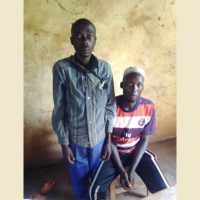
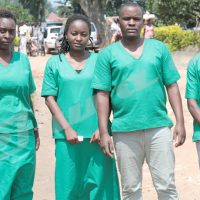
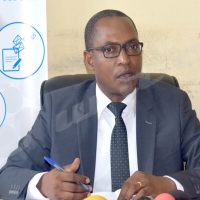
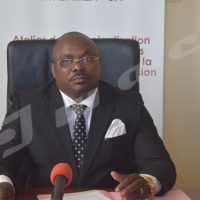














 IWACU Open Data
IWACU Open Data

